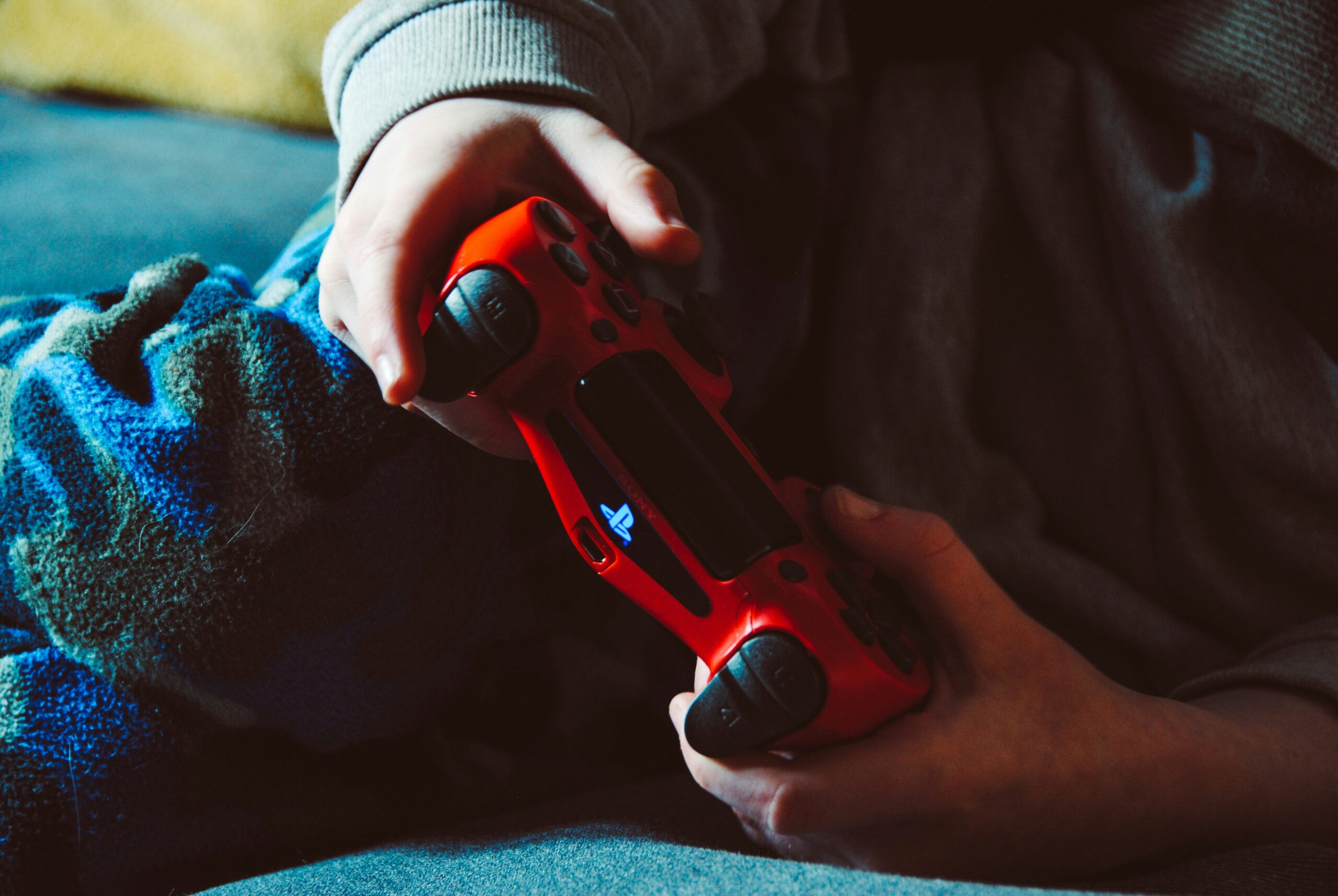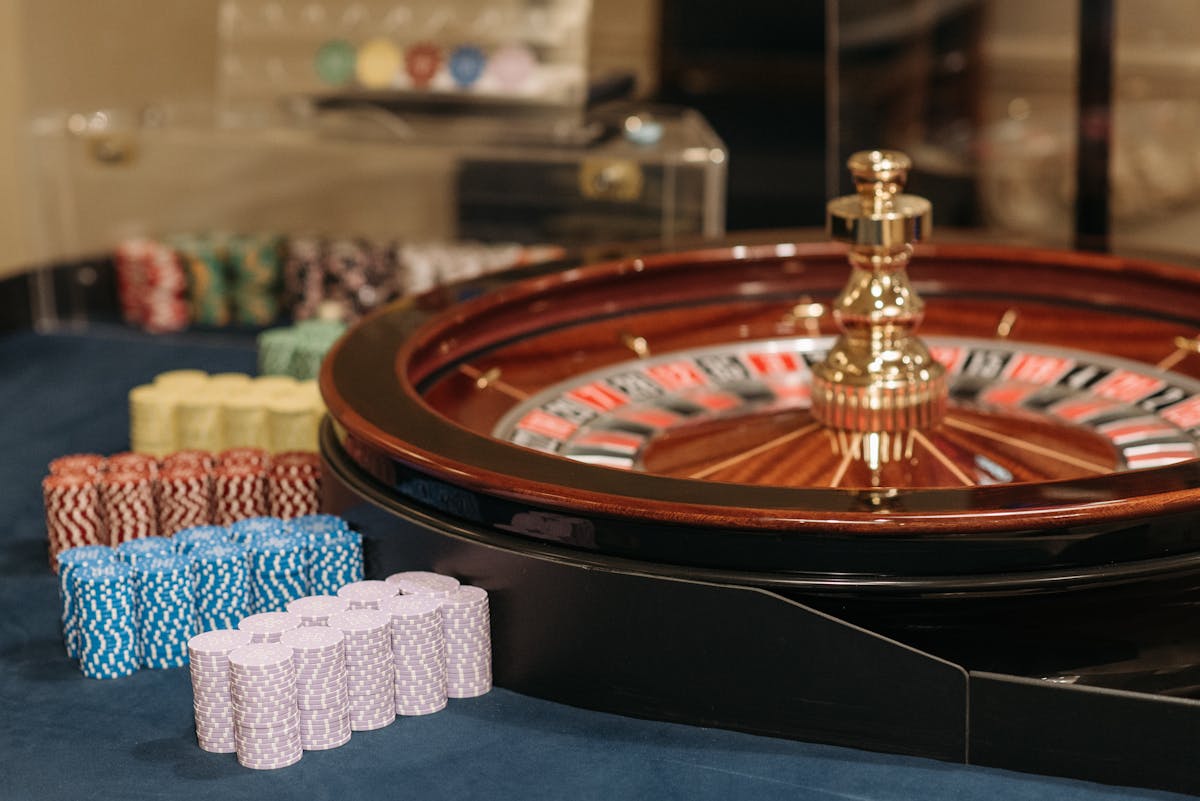Social Connection vs. Social Withdrawal
Digital Third Spaces
Multiplayer games have evolved far beyond simple entertainment. For many players, especially younger generations, these games act as “digital third spaces”—places outside of work and home where meaningful interactions happen. They offer:
- Shared activities that foster bonding
- Opportunities to collaborate and achieve common goals
- Virtual environments where social identity can be explored
In essence, multiplayer lobbies, in-game chat, and voice comms can serve the same role as traditional hangouts like coffee shops or clubs.
Building Community vs. Replacing Reality
While online gaming communities can be deeply supportive and impactful, they also come with grey areas. When in-game relationships become the primary form of social interaction, they can unintentionally replace, rather than supplement, offline connections.
Healthy social engagement through gaming includes:
- Balancing in-game interaction with offline relationships
- Using games as a springboard for real-world social growth
- Participating in positive communities that respect boundaries
Warning signs of withdrawal may involve:
- A preference for online friends to the exclusion of all others
- Avoidance of in-person social events due to gaming
- Emotional distress when separated from online peers
The Nuance of Online Friendships
Online friendships are real, and for many, they are deeply meaningful. However, the psychological dynamics can differ from offline relationships.
- Online friendships often form around shared goals instead of shared environments
- These connections can be intense but may also lack continuity or depth
- Perceptions of anonymity and distance can sometimes lead to miscommunication or false intimacy
With intention and awareness, online gaming relationships can become a powerful source of connection. Still, players and families should be mindful of balance and integration into overall well-being.
Related reading: Mental Health and Gaming
Introduction
Gaming is everywhere. As of 2024, there are over 3.5 billion gamers worldwide. That’s nearly half the planet. And it’s not just kids in basements—adults, professionals, and even seniors are logging on. At the same time, there’s been a major global push to talk openly about mental health. The overlap matters.
For years, gaming has been either praised as a digital escape or blamed for social dysfunction. But here’s the truth: games are tools. Like anything powerful, they can help or harm depending on how they’re used. Some people experience real connection and joy through play. Others spiral into stress, addiction, or isolation. Neither narrative tells the full story.
The real conversation is more nuanced. With so many people gaming and with mental health taking a front seat in global health discussions, it’s time to cut the noise. This topic matters because it affects how we design games, how we talk about them, and how we support players. It’s not about banning games or glorifying them. It’s about understanding the minds behind the screens.
The Dual Impact of Gaming on Mental Health
Gaming affects the brain in more ways than one. On the upside, it offers a low-stakes escape hatch. Quick hits of dopamine can boost mood, and for many, it’s a personal way to let off steam. Multiplayer titles create space to connect with others—a digital hangout when the real world feels out of reach.
But it’s not all upside. Hours can melt away fast. The same dopamine that lifts you up can also keep you hooked. Some players chase the next win while dodging the crash of losing. Over time, patterns like emotional numbness, irritability, or neglecting real-life relationships can creep in. Isolation builds without you noticing.
That’s why intention matters. Playing for fun is different than escaping without limits. Gamers benefit from setting boundaries, checking in with themselves, and knowing when to hit pause. Like anything powerful, games need to be handled with care and purpose.
Competitive Gaming and Cognitive Load

Fast-paced games aren’t just about quick fingers. They’re mental drills in disguise. Titles like Apex Legends, Valorant, and Rocket League demand sharp focus, lightning reflexes, and the ability to recognize complex patterns in split seconds. Over time, players develop impressive neural efficiency—especially when it comes to processing visual cues and making rapid-fire decisions.
But high rewards come with high pressure. Competitive gaming environments can trigger performance anxiety, especially in ranked systems where every click feels like it matters. Toxicity in chats, relentless comparison, and the grind for better stats can take a toll. There’s a real risk of burnout, particularly for streamers or amateur pros trying to break through.
The deeper layer? Identity. For many, ranking up or winning isn’t just fun—it’s validation. When self-worth gets tied to a scoreboard, each loss hits harder. Success becomes the standard, not the bonus. And that’s when gaming loses its balance and becomes a stressor.
More on the psychological dimensions of this can be found in Psychology of Gamers.
Mindful Gaming: Practical Advice
Rethinking Screen Time
The conversation on gaming and mental health often centers on screen time—but time alone isn’t the issue. What truly matters is how players use that time. Passive, unguided play for hours on end can be draining. However, intentional gaming—where players know when, why, and what they’re playing—can offer meaningful entertainment, skill-building, and even relaxation.
- Focus on the quality, not just the quantity of play
- Reflect on the purpose of gaming sessions (stress relief, social interaction, competition)
- Balance gaming with other offline activities
Building Healthy Gaming Habits
Rather than cutting gaming out, setting boundaries and healthy routines can reduce the potential mental strain. Just like with any hobby, structure helps in maintaining a sustainable relationship with gaming.
Helpful strategies:
- Set clear playtime limits and take regular breaks
- Create a designated gaming space, separate from sleep or work zones
- Use built-in parental controls or timer apps to monitor usage
- Rotate game genres to avoid mental fatigue
Encouraging Self-Awareness
Mindful gaming starts with knowing your own patterns. Are you playing as a form of escape? Spending too much time chasing in-game rewards? Paying attention to emotional signals can make a big difference.
- Keep track of your emotional state before and after gaming
- Check in regularly with friends, family, or even online communities about your gaming habits
- Don’t ignore signs of fatigue, irritability, or disconnection
Mindful play not only protects mental health but also enriches the gaming experience. Whether you’re a casual player or a competitive gamer, awareness and intention are key to keeping gaming enjoyable and emotionally healthy.
Gaming Disorders and Diagnostic Debate
When the World Health Organization officially labeled “gaming disorder” as a mental health condition in 2019, the response was mixed. Some saw it as a long-overdue recognition of real struggles. Others worried it might pathologize normal behavior. The truth is more nuanced. Gaming disorder isn’t about loving games or playing them a lot. It’s defined by a consistent pattern where gaming takes priority over other life interests and daily activities, despite clear negative consequences. This diagnosis applies only when the behavior lasts for at least 12 months and causes serious impairment.
That said, not all intense gaming is unhealthy. Being competitive online, pulling all-nighters to grind, or getting salty in chat doesn’t automatically mean someone has a disorder. There’s a big gap between occasional toxic behavior and a clinical issue. Red flags include neglecting work or school, lying about gaming time, or quitting personal relationships due to excessive gameplay.
Labeling has power. On one hand, it can validate someone’s experience and open doors to support and treatment. On the other, it can stigmatize a whole community or overlook bigger issues like underlying anxiety or depression. The challenge is to use labels with care. They should guide support, not shut down conversation. For players, parents, or professionals, the goal isn’t to panic — the goal is to pay attention.
Final Takeaway
Gaming, at its core, is a tool. Like any tool, its impact depends on intent, context, and control. It can empower or overwhelm. Offer relief or create pressure. Strengthen community or push someone deeper into isolation. The takeaway isn’t to fear games or blindly champion them. It’s to understand their psychological weight and approach them with clarity.
Looking ahead, the conversation needs to evolve. Game design should do more than chase engagement metrics. Players should be more informed about how certain mechanics affect their brain and behavior. And we all need space for honest dialogue about habit, identity, and mental well-being in digital worlds. When games are built and used consciously, they can be a force for good. But that future has to be chosen—on purpose.
Kirk C. Harrison, the visionary owner and talented copywriter behind MetaNow Gaming, is a driving force in the gaming community. With a passion for diversity in gaming, Kirk has cultivated MetaNow Gaming into a vibrant hub for diverse gaming content and community interaction. His insightful writing and dedication to inclusivity make MetaNow Gaming not just a platform for news and reviews, but a welcoming space where gamers connect and celebrate the richness of the gaming experience. Join Kirk at MetaNow Gaming for a unique blend of content and community that reflects the diverse tapestry of the gaming world.





